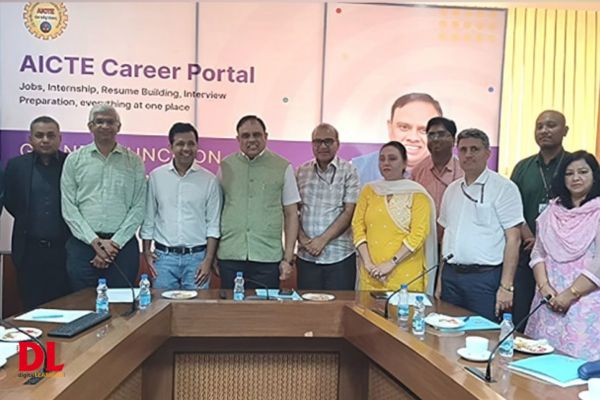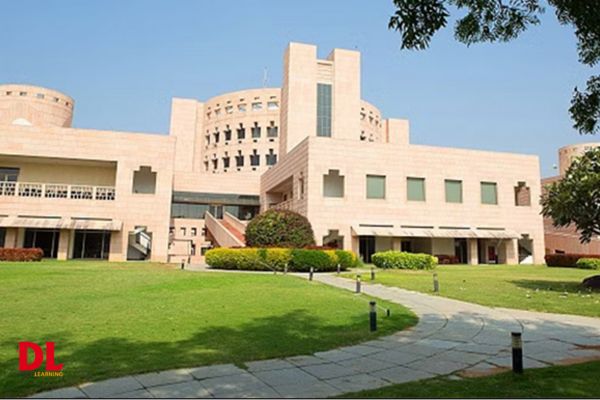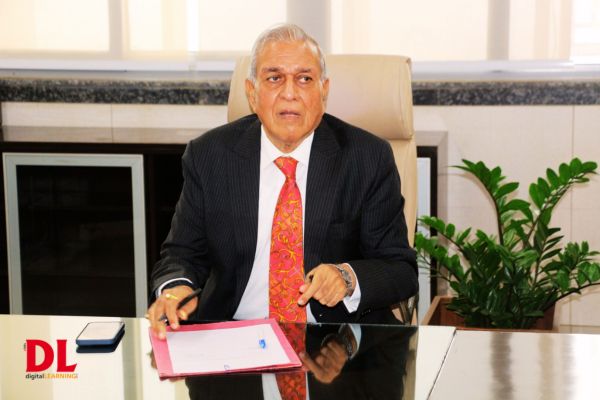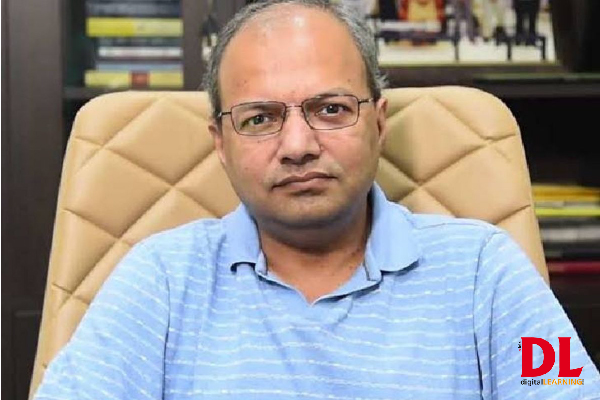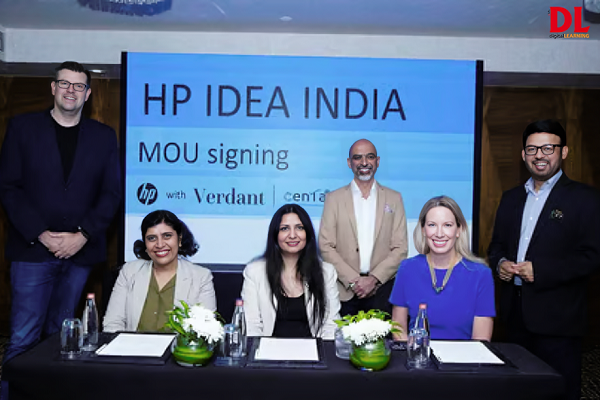The All India Council for Technical Education (AICTE) and Apna.co, a professional networking site, launched the ‘AICTE Career Portal’ for engineering students on Thursday. This portal will change how over 3 million students from around 12,000 colleges find jobs and internships. The launch event took place at the AICTE headquarters in New Delhi with key figures like AICTE Chairman Prof. TG Sitharam, Vice Chairman Dr. Abhay Jere, Member Secretary Professor Rajive Kumar, and Nimrit Parikh, CEO of apna.co, in attendance.
The project started after an agreement was signed in February 2024, highlighting both parties’ dedication to improving job opportunities through technology and collaboration. The portal also offers a special program where students can visit Silicon Valley, USA, for free and meet leaders from big companies like Google, Apple, and Microsoft.
Apna.co is crucial to this project because it connects fresh graduates with job opportunities, using its vast network of 500,000 recruiters and over 1,000 companies. The portal doesn’t just list jobs; it also provides tools to help users create impressive resumes and get real-time job alerts. It even has groups for professional growth and will soon include help preparing for interviews and figuring out fair salaries.
Prof. TG Sitharam mentioned that this collaboration is an important blend of government and startup efforts that helps students develop important skills and find various job opportunities. Nirmit Parikh, CEO of apna.co emphasised the platform’s role in helping Indian youth succeed globally.
The portal also provides colleges with tools to make better decisions and plan strategically, improve communication through a networking community, and show comprehensive job placement stats to attract companies. This helps improve how students and employers see these colleges. The AICTE Career Portal will officially start on April 30.







